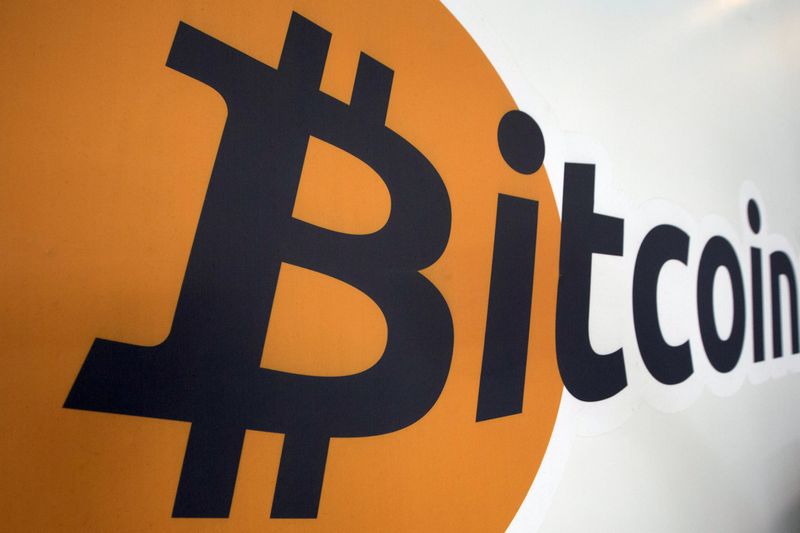The latest halving, which reduced the block reward from 6.25 BTC to 3.125 BTC, has forced less efficient mining rigs offline as miners' income fell to levels equivalent to a Bitcoin price of around $30,000, BTIG said in a research report on Wednesday.
Transaction fees, which rose to around $128 immediately after the halving, have since stabilized back in the $3 to $4 range. Bitcoin's price remains relatively stable post-halving, averaging around $63,000, which is up 45% year-to-date, BTIG notes.
That said, global hash rates have decreased by approximately 6% from the April average of 624 EH to 585 EH in the first two weeks of May. This decline was expected to be between 5% and 10% as the least efficient mining rigs (those with efficiencies greater than 35 J/TH) were taken offline.
A more significant drop in hash rate could occur if Bitcoin prices fall further. Most public miners have cash breakevens in the range of $20,000 to $40,000 per Bitcoin, the report says.
Earlier this year, several US-listed miners reduced Bitcoin sales used to fund operations, opting instead to use capital for growth.
“Many miners built up their BTC inventories before the halving,” BTIG noted, adding that Riot Platforms (NASDAQ 🙂, Cleanspark (NASDAQ 🙂 and Cipher Mining (NASDAQ 🙂) sold only a small percentage of their first-quarter production of 2024, materially less than the average of 80-90% in 2023. On the contrary, Core Scientific Inc. (NASDAQ 🙂 and Bitdeer Technologies Group (NASDAQ 🙂 continue to sell most of their Bitcoin to fund operating expenses.
The three largest Bitcoin ETFs, representing around 85% of ETF assets under management (AUM), saw a 38% increase in shares outstanding from mid-January to mid-March, during which prices Bitcoin reached a high of $73,000.
Remove ads
.
Since then, while Bitcoin prices have decreased by approximately 14%, the outstanding shares of these ETFs have only increased by 1%. “While ETF fund flows appear to have supported the BTC price earlier this year, arguably the most important thing was the halving,” the BTIG analyst explained.
The global hash rate is expected to continue its downward trend through the summer, potentially bottoming out in August due to high power prices in Texas, which are projected to average $140/MWh in the summer months.
“We expect global hash to remain under pressure, likely bottoming in August,” said BTIG's CFA. Looking ahead to 2025, energy prices are expected to stabilize around $55/MWh, with another peak expected next summer.
Large-scale mergers and acquisitions in the Bitcoin mining industry may not be imminent, but smaller acquisitions are expected. Cleanspark's recent acquisition of 75 MW at $250,000/MW sets a precedent, and other miners are likely to pursue similar smaller acquisitions.
“The market remains bifurcated: companies that have access to capital are able to grow, while less fortunate ones are likely to sell due to reduced revenue following the halving,” the report concludes.









